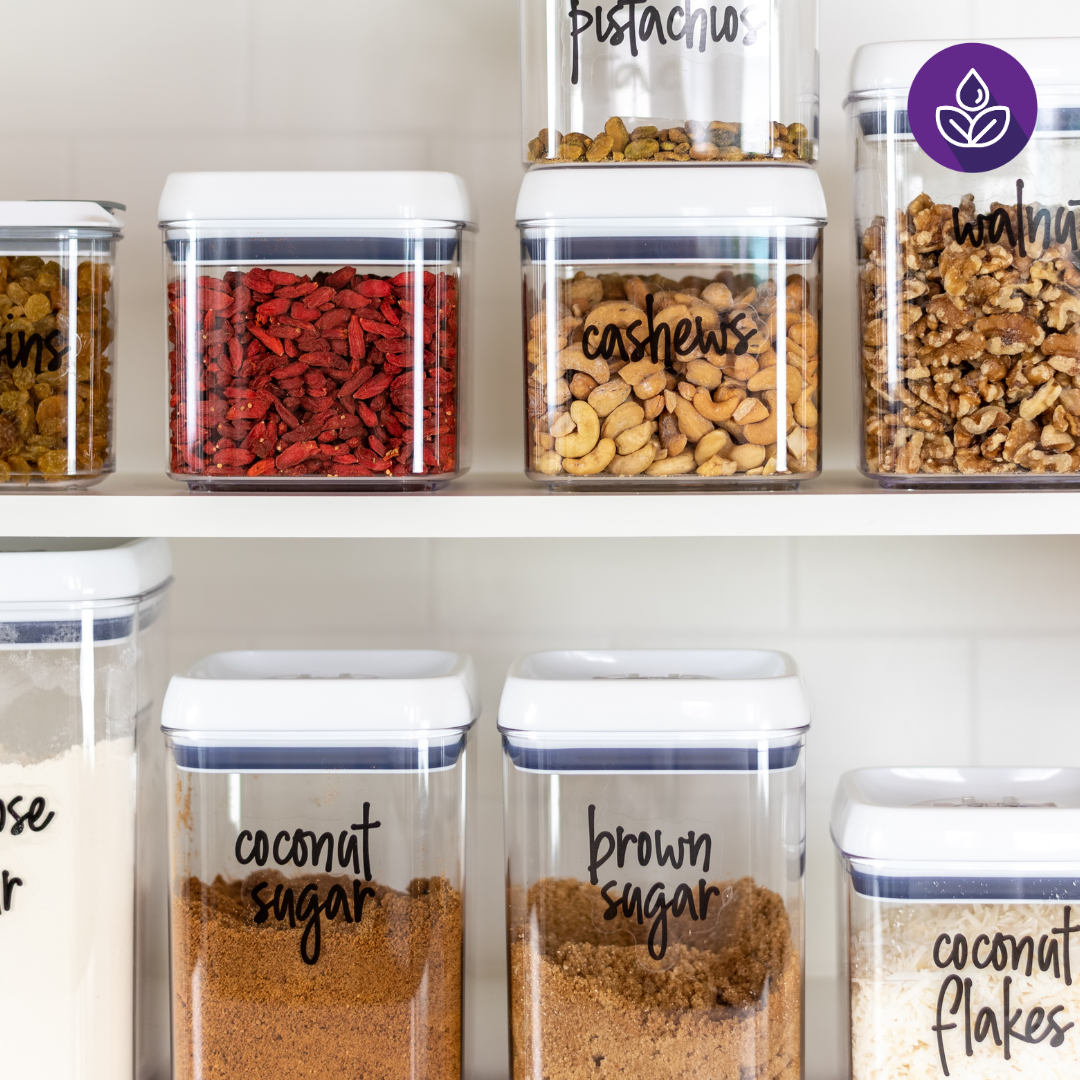Tackling the First Grocery Shop of the School Year
The first grocery shop of the school year is a doozie- making a plan ahead of time can help you take advantage of deals, ensure you have all the staples and avoid each roommate buying their own 10lb bag of rice. Check out this list below for some pantry essentials.
| Grains/Starches |
|
| Oils and Vinegars |
|
| Cans and jars |
Canned foods can be as nutritious as their fresh or frozen counterparts and often contain little to no sodium or preservatives. They are very budget friendly and are shelf-stable for long periods. |
| Spices and dried herbs |
If you are a somewhat experienced cook, you'll know what spices you often use but this is a good starting point for beginners. Opting for packages over jars also saves money or making use of bulk bins can make sure you only buy what you need. |
| Condiments and sauces |
|
| Baking |
|
| Dairy |
If you follow a lactose-free or adhere to a vegan diet, look for affordable substitutes that contain protein. |
| Freezer |
Opting for frozen instead of fresh is often more affordable and lasts way longer, just be mindful of freezer space, especially if you are sharing with roommates. |
| The rest |
|
This list is by no means exhaustive- you know your own likes and dietary restrictions- but it is a good place to start. You'll also need to consider your fresh produce and proteins and snacks.
To make sure you are getting the most of your budget, try an app like Flipp which lets you look at flyers and compare pricing- a lot of stores will price match items if they are cheaper elsewhere. You can also use apps like Checkout51 or Caddle to get cash back. Some grocery stores have loyalty programs where you can points for future discounts or get coupons/deals specifically for you or they might have days with student discounts.
For more information about eating healthy- visit the Healthy Eating page of our site!




